After months of drought, Netflix has finally given us a hit movie. “Fair Play” is a story that will draw in the audience, but will also suck you in like an all-out thriller with great acting.
Fair Play – Description of the film’s plot
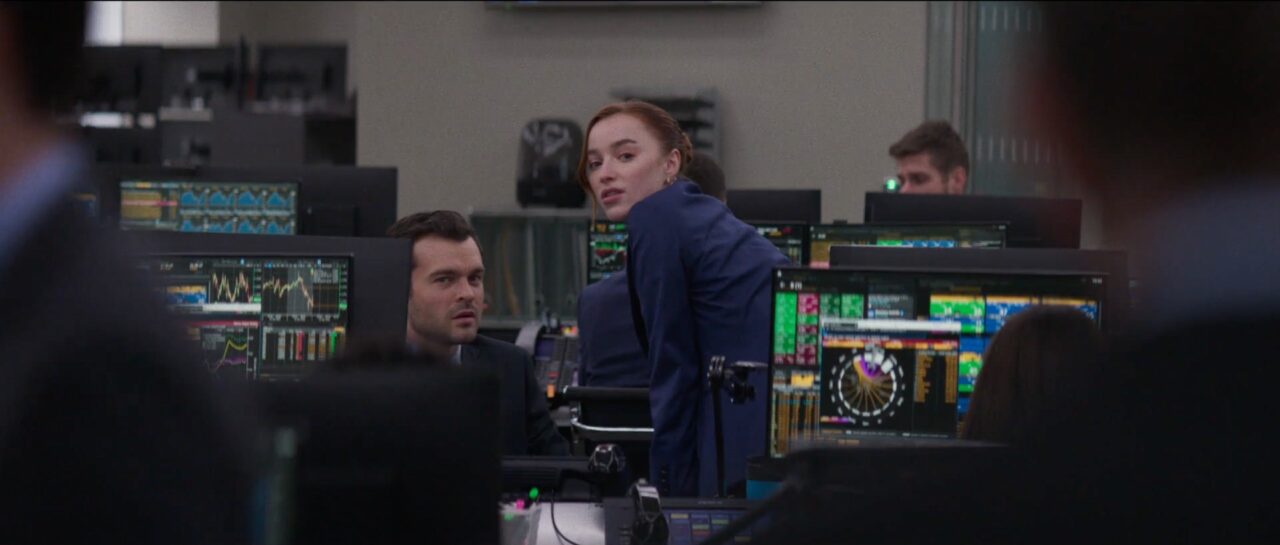
“Fair Play” tells the story of a young couple, Emily (the wonderful Phoebe Dynevor) and Luke (the excellent Alden Ehrenreich), who work at a mutual fund company and have been secretly dating for two years. Everything is about to change dramatically when Luke asks Emily to marry him. At the same time, a desired promotion suddenly becomes a very real possibility for both of them. Emily heard a rumor that her fiancé, Luke, was up for a promotion. When the job goes to Emily instead and Luke becomes her analyst — an assistant of sorts — it doesn’t take long for things to boil over. Emily knew right away that Luke wouldn’t take the news well, even though she was very happy and supportive when she thought he would get the job. Surprisingly, Luke takes the news well. But this “honeymoon” phase is incredibly short. Quickly, their supportive relationship of building and uplifting each other turns into something else. Something downright evil. The power dynamics in their relationship have changed, and ambition is corrupting their strong and loving relationship.
Fair Play – The battle of the sexes in the corporate world
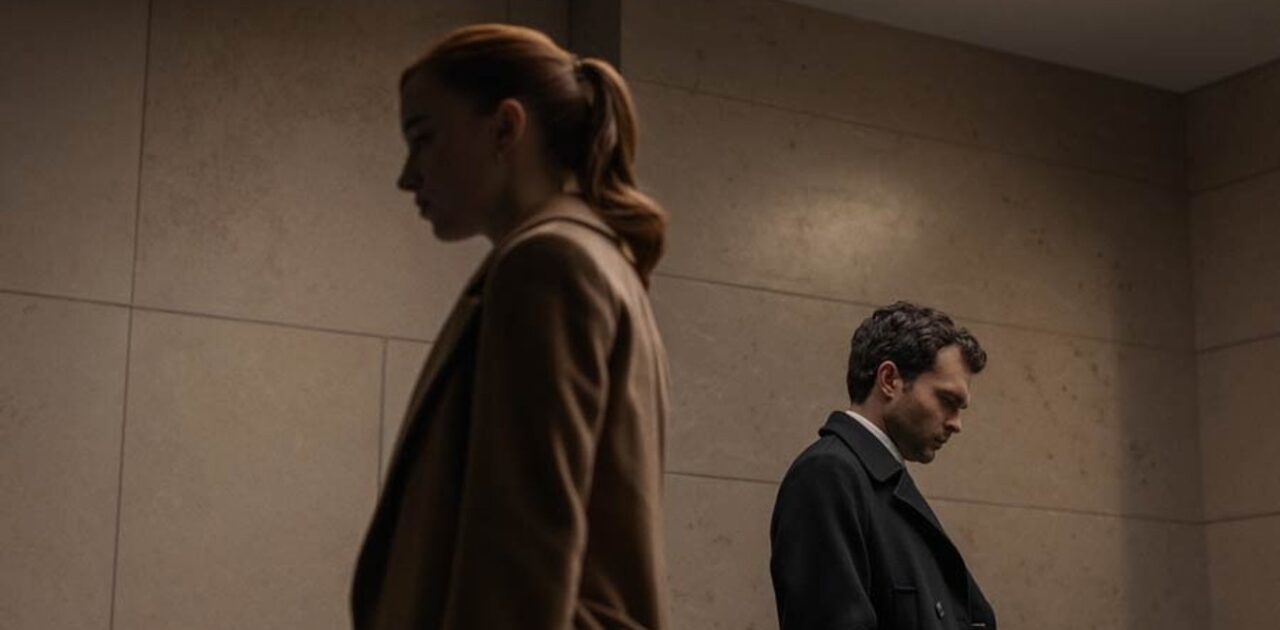
Chloe Dumont’s film “Fair Play” may not say anything new that we haven’t heard in recent years with the #MeToo or Red Pill movements. The film discusses not only the rough rules of the corporate game, but also the dynamics of the relationship between women and men in the modern world, and tries to point out where masculinity and femininity are today. Although these are not new topics, Fair Play talks about them in an interesting way. The crux of the film is the sudden collapse of Emily and Luke’s relationship due to the woman’s unexpected promotion. Luke’s wounded male ego cannot handle this, even though he initially appears to accept this turn of events with extraordinary maturity and understanding. Here we have a classic image of the modern male ego, which cannot find its place in a world in which women are slowly beginning to occupy the places previously reserved for men. On the one hand, of course, Luke has to deal with this fact “like a man,” but on the other hand, it’s a bit hard not to understand the feeling of loss and confusion in a situation where the dynamics of male-female relationships suddenly change radically. And it’s not just about empty, wounded male vanity. The problem is that in the past the division of responsibilities in society was clear, everyone was assigned tasks and goals and everything was organized. Sure, not every woman was happy about taking care of the house, but not every man was happy about having to “hunt” either. Today, women join the hunt and take on male roles, while society does not really encourage or support men to take on female roles. Moreover, they are unable to enter some of them, because, for example, as far as I know, biological men are still unable to have children. This confusion of roles is also one-sided, which in turn can often lead to a feeling of unnecessaryness, especially in a world where there are many systems that help women, for the purpose of parity, to obtain certain positions in a “men’s world”. “.
“Fair Play” does not focus only on one aspect of the situation. It shows that it is not easy for women to survive in this world, and even in the face of promotion, they have to suffer toxic behavior at work and within their relationships. Dumont tries to handle the matter with relative honesty and shows Emily as a woman who, when pushed against a wall, can also push the wrong buttons for her partner’s emotions. Although she is presented here as a victim. This is where my main problem with this movie begins.
Read also: Star Wars: Ahsoka – Review. Authority is a woman?
“Fair play” is not entirely fair to the men, who are again shown here as the villains, unable to adapt to women’s increasing independence, unable to accept their successes, emotionally weak, and even pathetic at some point. Emily, as a representative of women, is almost perfect – ambitious, successful, takes initiative in the bedroom, can be feminine, sensitive, supportive, and even promises Luke that she will help him get a promotion. Such cases certainly happen, but it is unfortunate that “Fair Play” did not go more in the direction of the film “War of the Roses” which showed in a satirical but honest way the war of the sexes in which both sides had their faults. . In “Fair Play”, we see Emily’s dark side, but only as a reaction to Luke’s toxic behavior. Dumont’s film is clearly one-sided, aiming to excite the viewer, or at least part of the audience. On the one hand, it is a good move on the part of the filmmakers, because thanks to this “fair play” he has a chance to receive a lively response from the audience, on the other hand, in my opinion, it would be much more interesting if both sides – male and female – played together. In an evil game. Not only is the breakdown of relationships rarely the fault of just one party, but the film only benefits from it in terms of plot.
Fair Play – Movie Review
Leaving aside for a moment how I received the main plot emotionally, I have to admit that, purely objectively, “Fair Play” is a brilliant piece of cinema. First of all, it gains a lot thanks to the phenomenal performances of the main actors. Phoebe Dynevor and Alden Ehrenreich play at the same high level here. Their characters are ambiguous and placed in intense emotional situations. They are both incredibly convincing and their chemistry is undeniable. In the background, Eddie Marsan is great as the leader of the two main characters.
Read also: Jad – Review. Let Timberlake get back to singing.
From a directing standpoint itself, the whole thing is flawless. The successful cinematography and music match perfectly with this story of intimate relationships, with the focus primarily on the story’s characters. The whole thing is kept somewhat unsettling from the start, and Domont manages the tension brilliantly, subtly raising the temperature of the story until the end. Unless “Fair Play” irritates you with its slightly biased approach to the subject, there’s a chance you’ll find this a very satisfying watch. The closer you got to the end, the more the movie started to veer into areas that weren’t quite “to my liking,” but a movie shouldn’t only be considered good when we completely agree with its message, right? Moreover, situations like the one presented in Fair Play also occur, so it is not a far-fetched feminist fantasy. For me, the most important thing is that this film evokes any emotions, stimulates discussion, intrigue and even disturbs. Against the backdrop of a whole host of contemporary films (not just on Netflix) from the past few years, which are less likely to move the viewer and engage them emotionally, this is a remarkable achievement and a light at the end of the film. A tunnel of hope that cinema has a chance to overcome its artistic stagnation.

“Amateur social media maven. Pop cultureaholic. Troublemaker. Internet evangelist. Typical bacon ninja. Communicator. Zombie aficionado.”

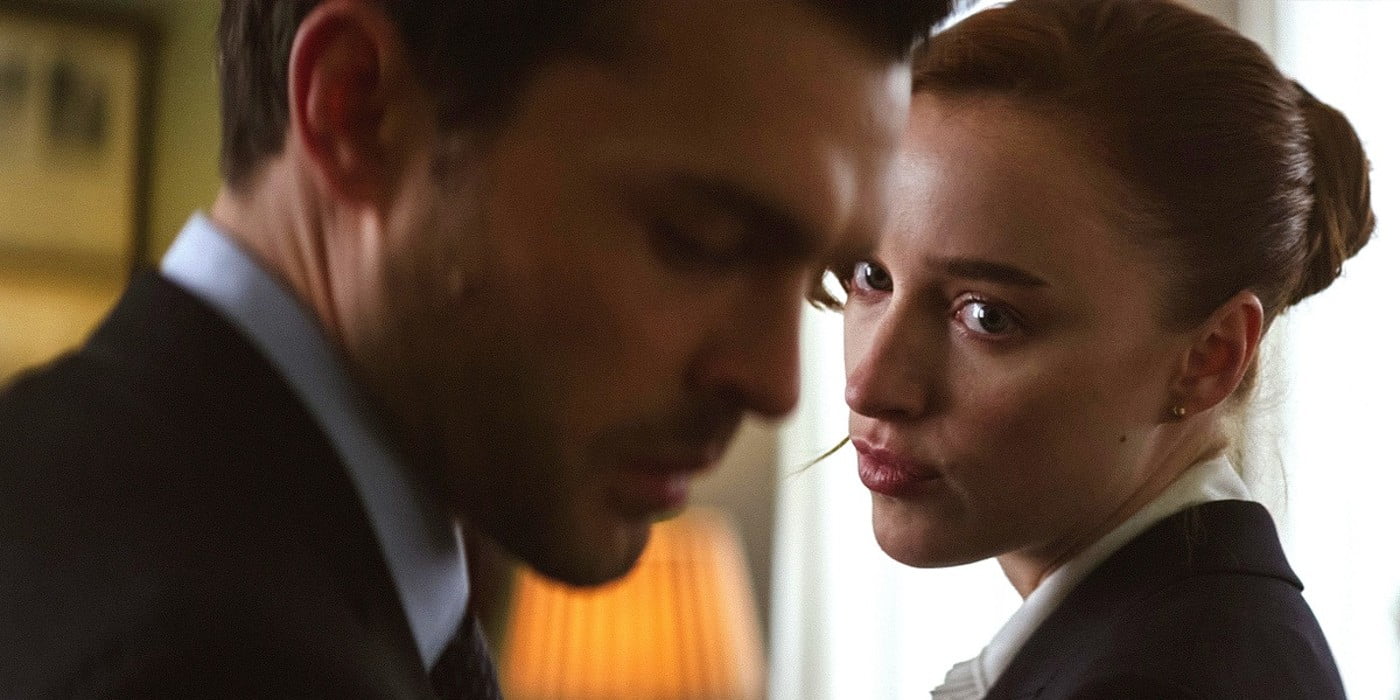

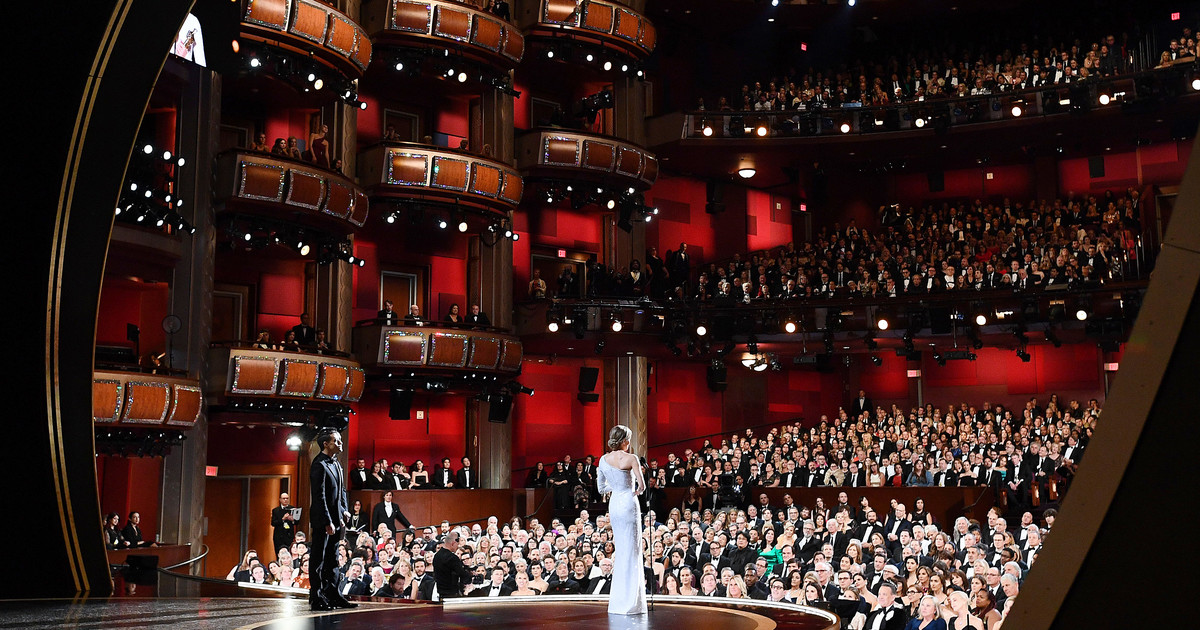

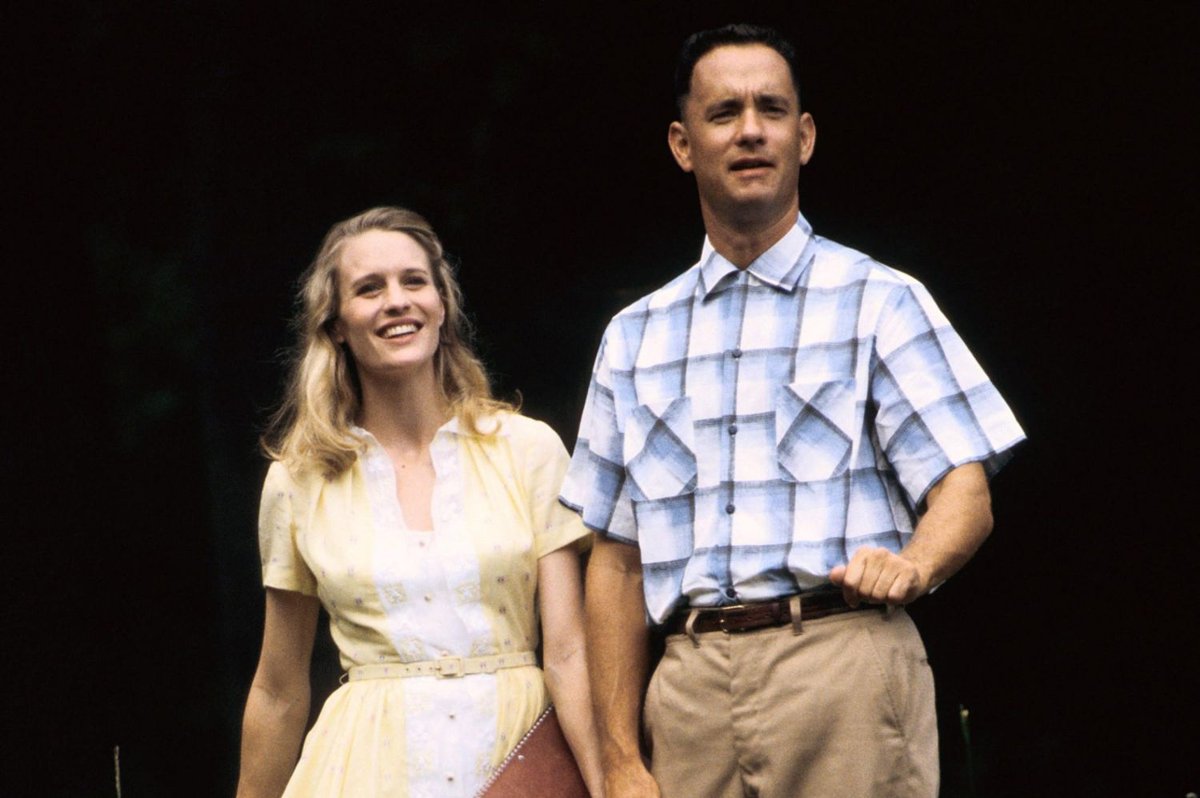
![I watched the new “Quack”. This is not a story about the professor. Wolf dog [RECENZJA] I watched the new “Quack”. This is not a story about the professor. Wolf dog [RECENZJA]](https://ocdn.eu/pulscms-transforms/1/og4k9kpTURBXy9kZjVmNDM5ZmNmNzQ4ZDBiMTI1YzU1NjU2MDJlNDE1Yi5qcGeTlQPNAdoAzR2YzRCmkwmmZjVkMzc4BpMFzQSwzQJ23gABoTAB/leszek-lichota-na-planie-znachora.jpg)



